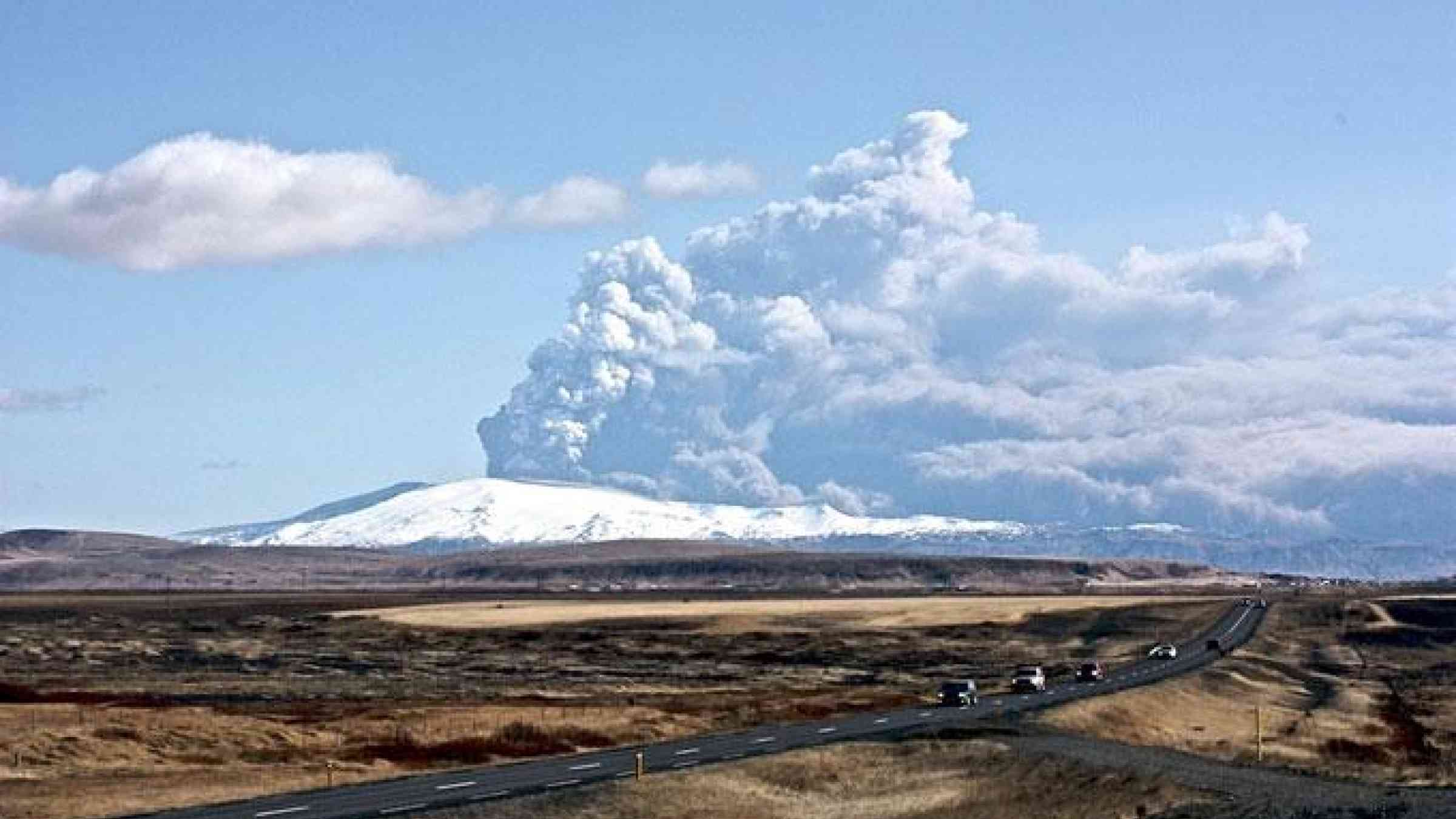
By Gareth Simkins
The eruption of Eyjafjallajökull in 2010 led to the closure of European airspace and harmed air quality.
The Scottish Environment Protection Agency (SEPA) is consulting on a new air quality monitoring network intended to detect the release of particulates and sulphur dioxide from Iceland’s volcanoes.
A month-long period of consultation on the system opened on 1 July.
The four stations, funded by the Scottish government, will act as an early warning system to assess volcanic plumes’ effects on air quality and judge if vulnerable people should be advised to take health precautions. The network provides real-time atmospheric measurements, accessible to the public through SEPA’s website.